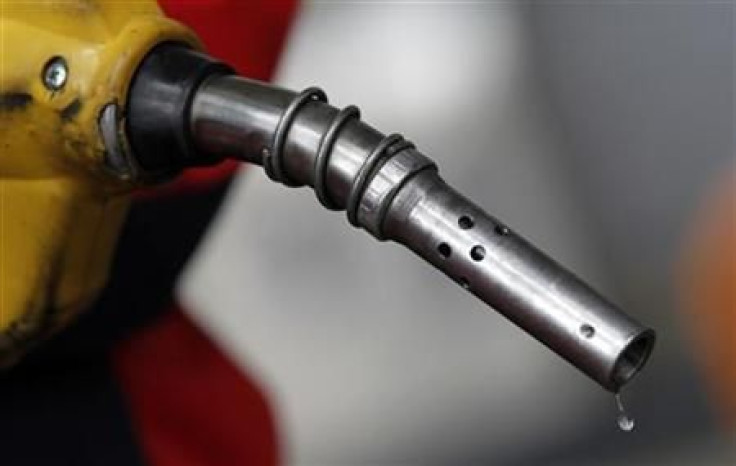$9.99-A-Gallon Gas Prices Hit Lukoil Stations In Protest Over Rising Costs

$9.99-a-gallon gas sounds like something out of an apocalyptic movie, not a realistic price to see at a gas station in New Jersey or Pennsylvania.
But on Wednesday, Lukoil franchise owners across the two states posted gas prices as high as $9.99 a gallon to protest what they say are the much higher prices Lukoil charges for fuel than its competitors, which franchisees then have to pass onto their customers, making their stations less competitive.
At first, ABC News reported on Wednesday on possible price-gouging by some Mid-Atlantic area Lukoil station owners who were posting $8 to $9.99-a-gallon gas prices on the signs outside their stations. The story came about after the network received calls and emails by viewers complaining about the inflated prices. Average gas prices in New Jersey are $3.79 per gallon, according to price tracker GasBuddy.
But after doing some further digging, it was discovered that the $9.99-a-gallon gas prices were actually just part of a protest organized by the Lukoil franchise owners, aimed at Lukoil, which allegedly charges as much as $0.25 per gallon more than its competitors, according to The Examiner. And that adds up to a major competitive disadvantage for Lukoil franchisees.
So rather than continuing to grin and deal with the allegedly overpriced gas prices they were getting, some Lukoil franchise owners took the situation into their own hands and started the protest by posting crazy inflated numbers as high as $9.99 on their signs.
They are not actually charging $9.99 a gallon to customers, but the sticker shock many motorists are experiencing is instead getting the word out about the alleged overcharging by Lukoil for gas.
Yahoo! News reports that Khaled Kezbari, a New Jersey Lukoil franchise owner, explained why the franchisees are protesting:
"We are doing this because we are dying. Lukoil is charging us costs higher than the retail market. How can you compete? You cannot compete in the market like that."
© Copyright IBTimes 2024. All rights reserved.











